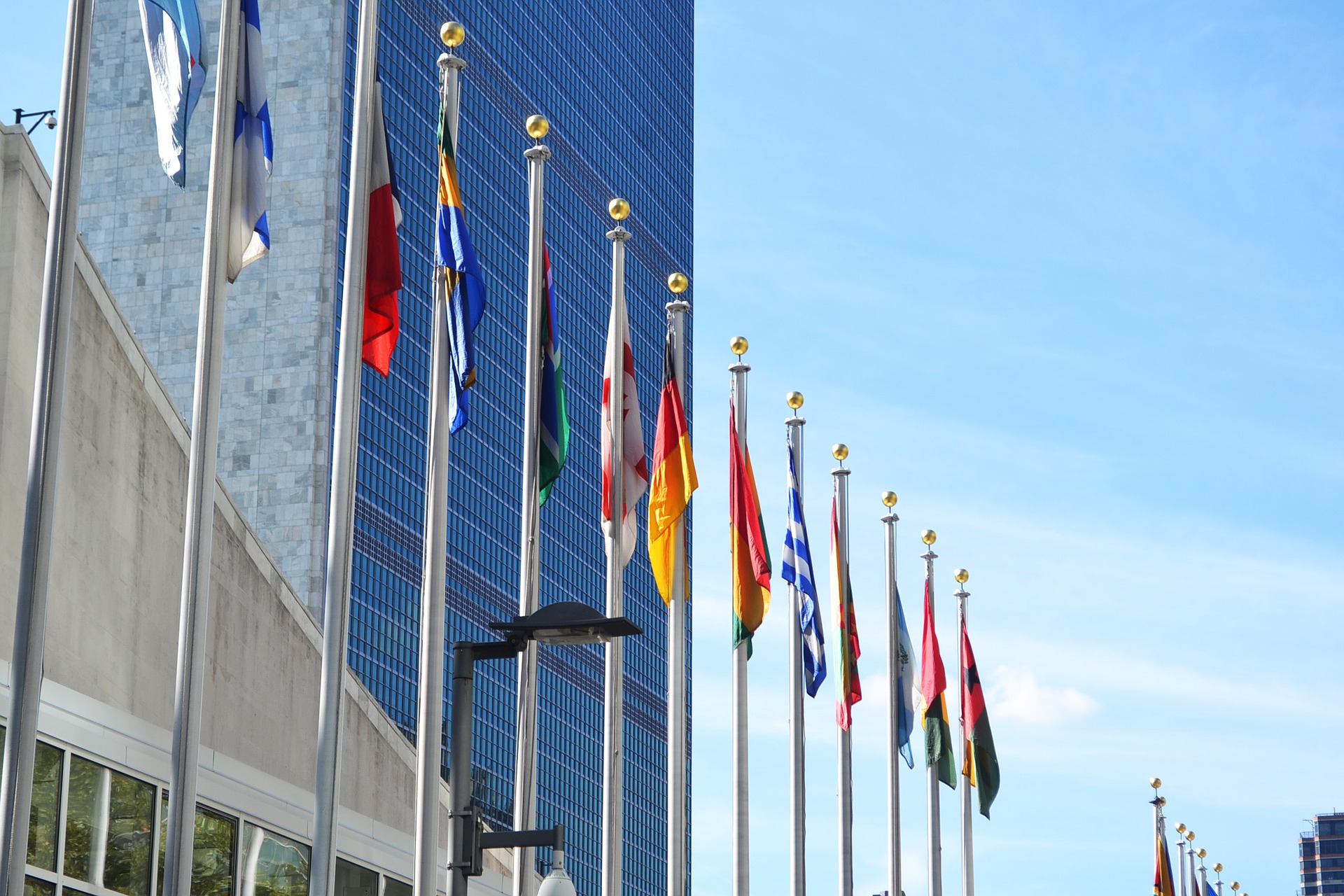
InterAction Statement on President Biden’s Remarks at the UN General Assembly
Following last week’s high-level global meetings at the United Nations, InterAction took a quick look at some of the U.S. Government’s key announcements on our community’s priority issues. We were particularly encouraged by the high-level attention afforded to ending the pandemic, combating climate change, and fighting global hunger.
During his first speech at the U.N. General Assembly, President Biden set an important tone, elevating development and diplomacy as the principle tools for addressing today’s global challenges. He focused on rebuilding U.S. alliances and working with partners to fight for our collective future. This recommitment is critical as each of the challenges raised needs global, collective action and increased political will to solve. We welcome and echo the President’s commitment to “using the power of our development aid to invest in new ways of lifting people up around the world; of renewing and defending democracy.”
Ending the Pandemic
At the Global COVID-19 Summit: Ending the Pandemic and Building Back Better, President Biden made several announcements and commitments to expand vaccinations, save lives now, and build back a better global health security infrastructure to prevent the next outbreak. Announcements include a purchase of 500 million additional Pfizer vaccine doses to donate to low- and lower-middle-income countries in 2022 and $370 million in support for USAID and the CDC for vaccine readiness and capacity building to get shots in arms where they are most needed.
USAID specifically plans to provide $345 million for life-saving vaccine assistance, oxygen supplies, and targeted surge support to COVID-19 hotspots, including $195 million to strengthen vaccine programs, $50 million to expand access to oxygen treatments, and $100 million to prioritize rapid responses to COVID-19 surges in developing countries.
Vice President Harris announced a $250 million initial commitment to the Global Health Security Financial Intermediary Fund (FIF) to support pandemic preparedness and prevention. These announcements—and the Summit itself—have been key asks from our community.
The President announced that Secretary Blinken will lead a Foreign Ministers’ meeting on COVID-19 before the end of the year and a follow-on leaders Summit in the first quarter of 2022. InterAction, in partnership with the Global Health Council, will continue to engage with the White House, State Department, and USAID to track progress against these commitments.
Combating Climate Change
President Biden announced the U.S. will double public international financing to help developing nations tackle the climate crisis by 2024. This brings the U.S. commitment to $11.4 billion per year, which is twice that committed back in April 2021 at the President’s Climate Summit and includes a doubling of climate adaptation funding to $3 billion annually. This increased commitment is expected to help the U.S. meet the goal of mobilizing $100 billion dollars to address the climate crisis in developing nations.
Through the NGO Climate Compact, InterAction will work with Members to ensure that the increased funding will result in quality programs to help vulnerable communities adapt, build resilience to current and future impacts of climate change, and uplift support for other development and humanitarian priorities.
Fighting Global Hunger
President Biden announced a $10 billion U.S. commitment to end hunger and invest in food systems at home and abroad over the next five years. At the U.N. Food Systems Summit, Secretary Vilsack and Administrator Power gave more insight into the $10 billion U.S. commitment, with $5 billion for domestic and $5 billion for global hunger response and prevention. The $5 billion in food systems investments to combat global hunger and malnutrition will be invested through the Feed the Future initiative to expand program reach, invest in smallholder farmers, accelerate financing for nutrition, support food fortification, reduce food loss and waste, invest in climate-smart agriculture and forestry, focus on women, girls and marginalized communities, and support comprehensive school feeding programs.
The Development Finance Corporation (DFC) also set a goal to finance $1 billion in food security and agriculture projects, and the U.S. highlighted its leadership of the Global Agriculture and Food Security Program (GAFSP). Next month, InterAction and the Alliance to End Hunger will host an event to further dive into these commitments and learn more about how these programs can chart a new course to Zero Hunger by 2030. While the announcement does not seem to include additional funding, as we look forward to the implementation of the updated Global Food Security Strategy, InterAction will continue to engage and prioritize recommendations outlined in NGO Recommendations for the U.S. Global Food Security Strategy Refresh.



